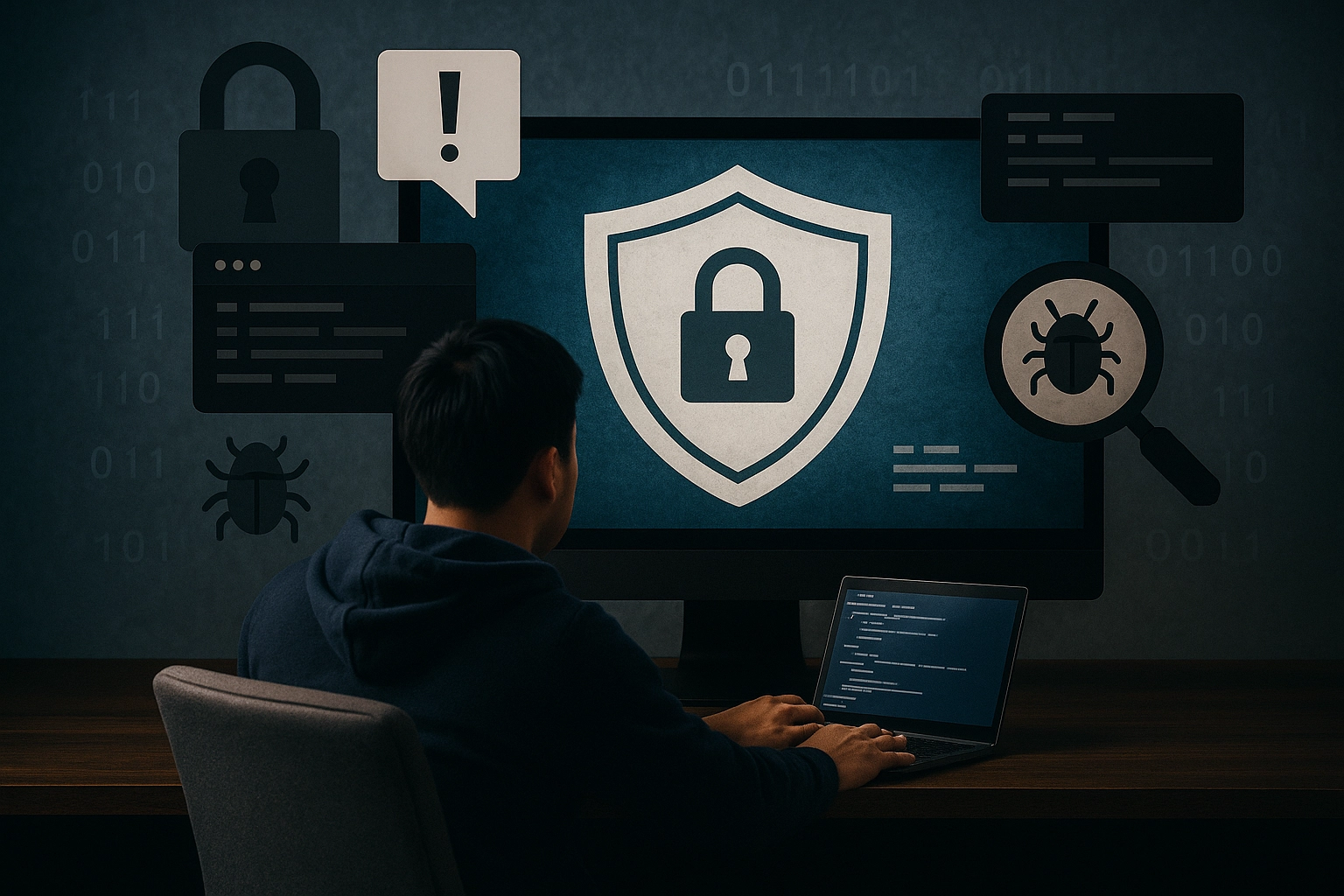NIST SP 800-207 Zero Trust Architecture Testing in Automotive Systems
The National Institute of Standards and Technology (NIST) Special Publication 800-207, titled Zero Trust Architecture, provides a framework for designing and implementing secure systems. This publication emphasizes the principle that no actor should be trusted implicitly within or outside an organization's boundaries. The Zero Trust model focuses on continuous verification of all access requests, regardless of whether the request is from inside or outside the network perimeter.
In the context of the automotive industry, cybersecurity testing has become increasingly critical as connected vehicles and autonomous driving technologies expand. Attackers can exploit vulnerabilities in the software and hardware components of automobiles to compromise vehicle operations, endangering lives and causing significant financial losses. NIST SP 800-207 offers a robust foundation for ensuring that these systems are resilient against such threats.
The implementation of Zero Trust Architecture within automotive cybersecurity involves several key aspects:
- Continuous Verification: All devices and users must be authenticated, authorized, and continuously monitored before being granted access to resources. This includes both internal and external entities.
- Data Integrity and Confidentiality: Ensuring that data remains intact and confidential throughout its lifecycle is critical. Techniques such as encryption and secure communication protocols are used to protect sensitive information.
- Minimizing Attack Surface: Reducing the attack surface by eliminating unnecessary services, applications, and interfaces helps minimize potential points of failure or exploitation.
- Incident Response and Recovery: Establishing rapid response capabilities for detecting and mitigating security incidents ensures minimal disruption to operations.
The automotive industry is particularly challenging due to the integration of various electronic systems, including infotainment units, advanced driver assistance systems (ADAS), and connected vehicle-to-vehicle (V2X) communications. Each system contributes a unique set of vulnerabilities that must be addressed by adhering to NIST SP 800-207 guidelines.
Our laboratory specializes in providing comprehensive testing services tailored to the unique requirements of automotive cybersecurity. We employ state-of-the-art tools and methodologies to assess the security posture of connected vehicle systems, ensuring compliance with international standards such as ISO/IEC 27018 for privacy-enhancing controls for public cloud processing of personal data.
Our testing process adheres strictly to NIST SP 800-207, focusing on the following critical areas:
- Access Control: Testing the implementation of robust access controls that ensure only authorized users and devices can access sensitive data.
- Data Integrity and Confidentiality: Evaluating measures to protect data integrity and confidentiality, including encryption methods and secure key management practices.
- Monitoring and Detection: Implementing continuous monitoring and detection mechanisms to identify potential threats in real-time.
- Incident Response and Recovery: Assessing the effectiveness of incident response plans and recovery strategies to ensure swift and effective handling of security incidents.
By leveraging these testing methodologies, we help automotive manufacturers and suppliers build resilient systems that can withstand cyberattacks while maintaining high levels of operational integrity and safety.
Industry Applications
| Automotive System Component | Testing Focus Area |
|---|---|
| Infotainment Units | Evaluating data handling, access control, and encryption methods to prevent unauthorized access. |
| Advanced Driver Assistance Systems (ADAS) | Assessing the integrity of sensor data and decision-making algorithms against potential manipulation or tampering. |
| Connected Vehicle-to-Vehicle (V2X) Communications | Testing secure communication protocols to ensure reliable and safe vehicle-to-vehicle interactions. |
| Onboard Diagnostic Systems | Evaluating the security of diagnostic interfaces and ensuring they do not expose vulnerabilities that can be exploited. |
| Electric Powertrain Control Units (ECUs) | Testing for hardware-based security mechanisms to prevent unauthorized firmware updates or tampering. |
| Network Security | Evaluating the overall network architecture and ensuring it adheres to Zero Trust principles, including segmentation and secure communication pathways. |
| Software Updates and Over-the-Air (OTA) Delivery | Testing for secure OTA update mechanisms that ensure only authorized updates are installed on vehicles. |
The automotive industry is rapidly evolving, with new technologies such as electric vehicles (EVs) and autonomous driving systems becoming mainstream. These advancements bring new challenges in terms of cybersecurity, requiring continuous monitoring and testing to ensure the safety and reliability of connected vehicle systems.
Customer Impact and Satisfaction
The implementation of NIST SP 800-207 Zero Trust Architecture Testing ensures that automotive manufacturers and suppliers can confidently deploy secure systems. By adhering to this framework, we help our clients:
- Enhance Reputation: Demonstrating a commitment to cybersecurity strengthens the brand image of automotive companies.
- Avoid Legal Penalties: Compliance with international standards and regulations can help avoid costly legal repercussions.
- Protect Customer Data: Ensuring that sensitive customer data is protected enhances trust between manufacturers and their customers.
- Ensure Operational Continuity: Robust security measures minimize the risk of disruptions due to cyberattacks, maintaining business operations.
- Comply with Regulatory Requirements: Meeting NIST guidelines helps automotive companies comply with regulatory requirements, including GDPR and ISO/IEC 27018.
- Promote Innovation: A secure foundation allows manufacturers to innovate confidently without the fear of compromising security.
Our clients benefit from our deep expertise in automotive cybersecurity testing. We provide detailed reports that outline areas of improvement and offer recommendations for enhancing system resilience. By partnering with us, customers can rest assured that their systems are rigorously tested and meet stringent security standards.





